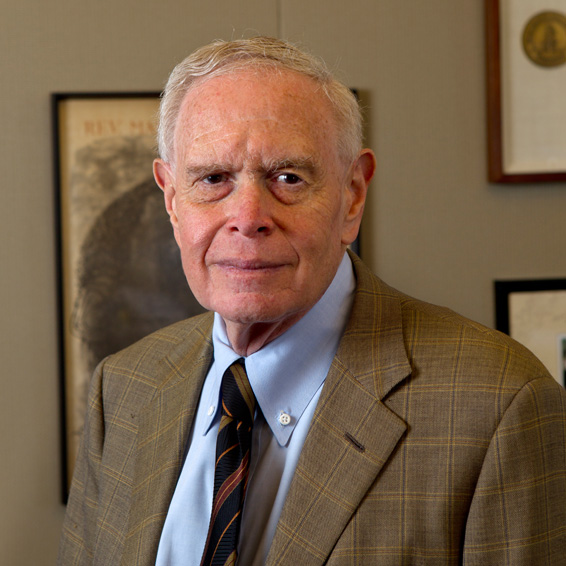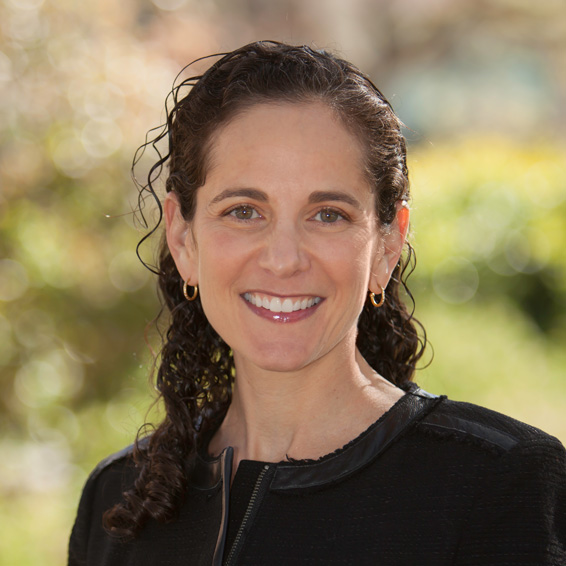What We Can Do to Mitigate Catastrophic Climate Change
We will take as a given the well-established scientific evidence establishing the causal connection between greenhouse gas (GHG) emissions and global warming, and the likelihood that current trajectories of fossil fuel use are leading to catastrophic climate change. Beginning with this premise, we ask how individuals and nonprofit organizations and institutions can use their power and authority to mitigate climate change, whether acting on their own or influencing decisions by governments and businesses.
We will start by mapping the major sources of GHG emissions and the direct and external costs and benefits of reducing emissions now and in the future. We then examine strategies for reducing them, including voluntary action and influencing government policies, business practices and investment decisions. Among other things, we shall inquire into the role of positive investments in renewable resources and new technologies, and whether refusing to invest in certain enterprises can reduce GHG emissions. We will also look at the influence that residents, employees, consumers, regulators, and other stakeholders may exert, whether acting individually or as part of social movements. The two instructors have considerable knowledge about climate and investment policies, and plan to draw on expertise in ethics, social movements, finance, and other related areas.
The mandate of the Stanford Law and Policy Lab is to conduct impartial, evidence-informed policy analysis. Rather than deliver a set of specific recommendations, this practicum seeks to identify and assess the pros and cons of plausible strategies. In addition to a written report, we plan to convene a forum, open to members of the Stanford community, to discuss our findings.
Although the Policy Lab practicums are designed mainly for law students, they are open to students throughout the University. Admission is by petition.
Given the scope of work, this practicum may continue into the winter quarter, but students need only commit themselves for the Autumn.
Clients & Deliverables



